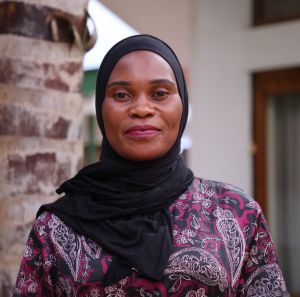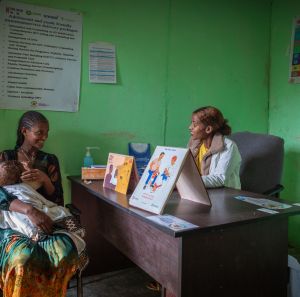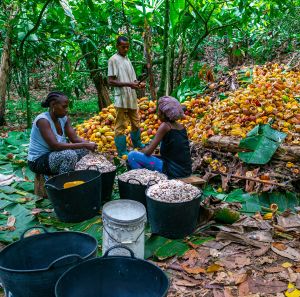Last year with the support of Irish Aid and the Irish public, Oxfam Ireland reached 12.2 million people across 12 countries.
Reaching 12.2 million includes
- Direct support like providing tools and training to help grow livelihoods or clean fresh water for people forced to flee
- Indirect support like mass media campaigns to challenge socials norms that contribute to poverty and inequality or raise awareness about how to stay safe during emergencies.
Meet Mercy - a Health Promotion Officer in Balaka, Southern Malwai
With the support of Irish Aid, we were able to provide water to 30,000 people in southern Malawi with water, helping them survive a cholera outbreak.



